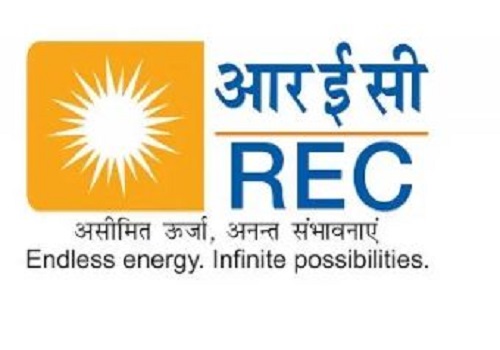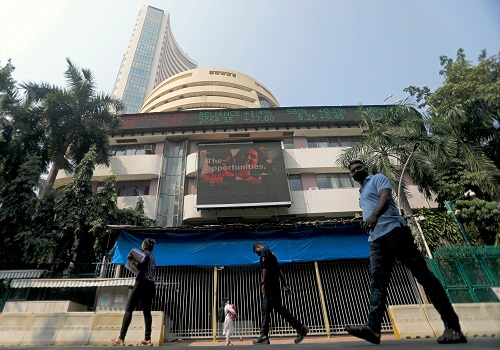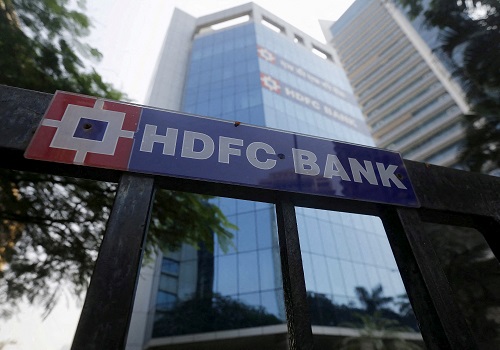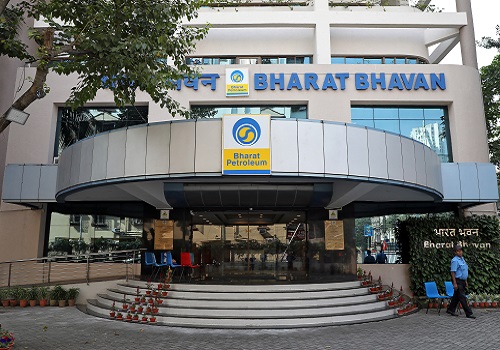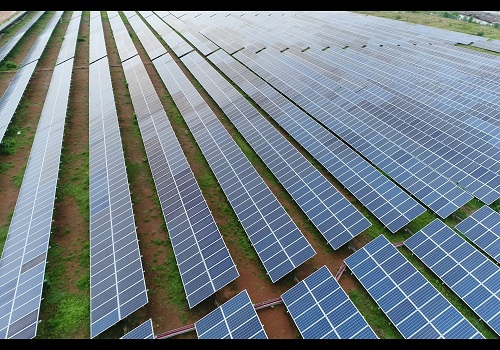Quote on The possibility of inflation being affected by extreme weather by Dr. Manoranjan Sharma, Chief Economist, Infomerics Ratings
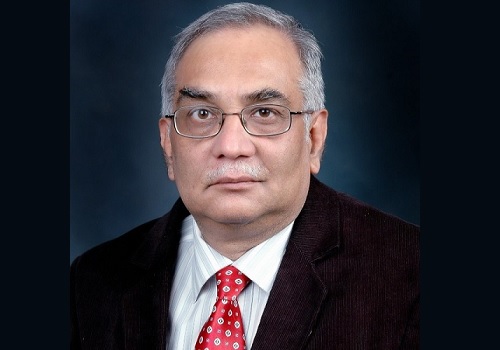
Below the Quote on The possibility of inflation being affected by extreme weather by Dr. Manoranjan Sharma, Chief Economist, Infomerics Ratings
The rising heatwave has caused extensive concerns globally because of its multi-layered sectoral impact and on the macroeconomy. IPCC’s Working Group I examined huge heatwave and extremely anomalous temperatures in India from March 2022 to April 2022. The Group chillingly found 30 times greater probability of such events occurring than they would have without climate change.
While intensified and sustained heatwave impacts the complete development spectrum, it hits the poorly endowed regions and the poor, the deprived and the vulnerable sections of population hard.
The Indian economy is adversely effected by damaged human and animal health, reduced crop yields, droughts, increased pest and disease pressure and soil degradation. Heat waves also lower production of animal fodder and reduce animal productivity, raise milk prices and hurt power grids. Similarly, poultry and fishery are also affected by deteriorating air quality and rising climate change. Such aspects necessitate effective measures to combat heatwaves and their consequences
The RBI also highlighted that climate change stemming from rising temperature and transforming patterns of monsoon rainfall in India could cost the Indian economy 2.8 % of its GDP and depress the living standards of nearly half of its population by 2050.
India had a record heatwave that greatly affected workers, labour migrants, low-income household. Similarly, a recent report of Climate Transparency showed that India suffered an income loss of 5.4% of GDP, the highest among the G20 nations in 2021 primarily because of
global warming stemming from human activities, viz., burning fossil fuels, deforestation, and industrial activities.
Heat wave affected vast regions of the country, including Bihar, Jharkhand, Gangetic West Bengal, Odisha, Punjab, Haryana, Chandigarh & Delhi, Rajasthan, Maharashtra, West Madhya Pradesh, and Gujarat.
India’s Heat Action Plans (HAPs) have not been fully effective because of differential implementation and impact across regions and sectors. This is contextually significant because a March 2023 assessment of current HAPs in India starkly reveals a lack of consideration for local context, inadequate funding, and poor targeting of vulnerable groups. Accordingly, the roadmap ahead must prepare hospitals for all eventualities, closer coordination to access to hydration and cool places, suitable housing, well-conceived heat plans, scientific forecasts, prevention of extensive misery and mid-course correction, wherever needed. Difficult but doable.
Above views are of the author and not of the website kindly read disclaimer









